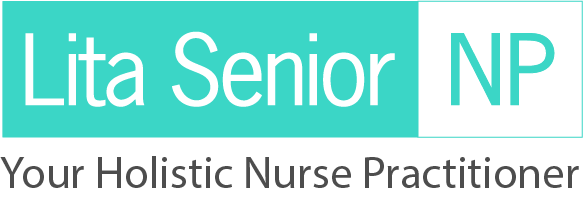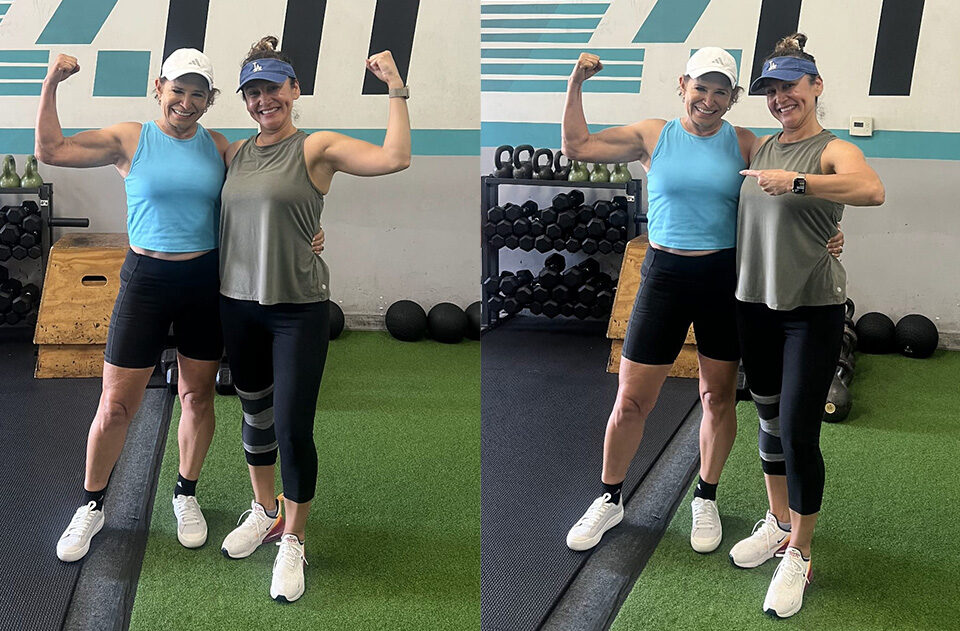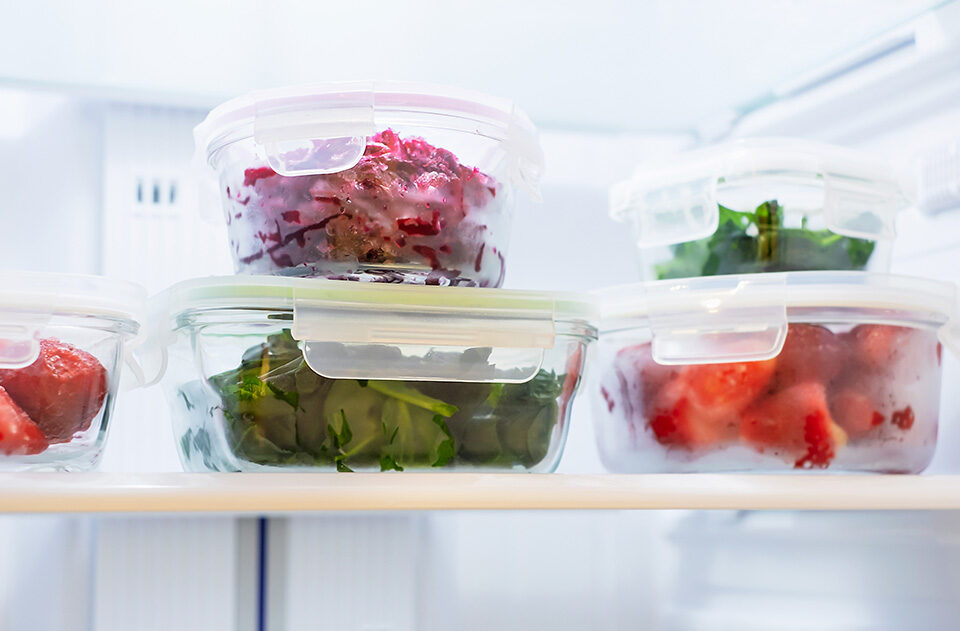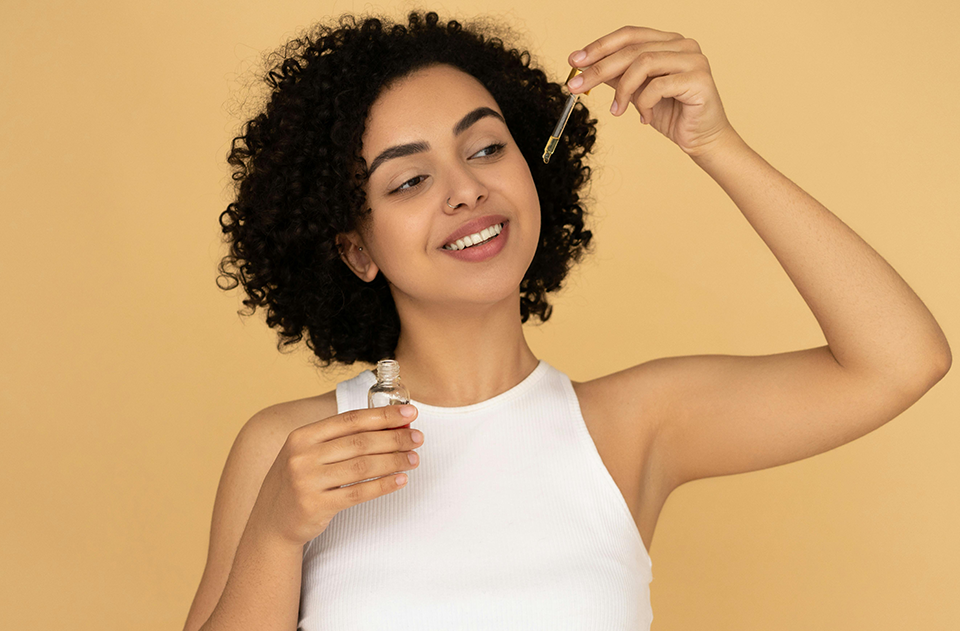Choline : The Essential Nutrient You Need To Know About
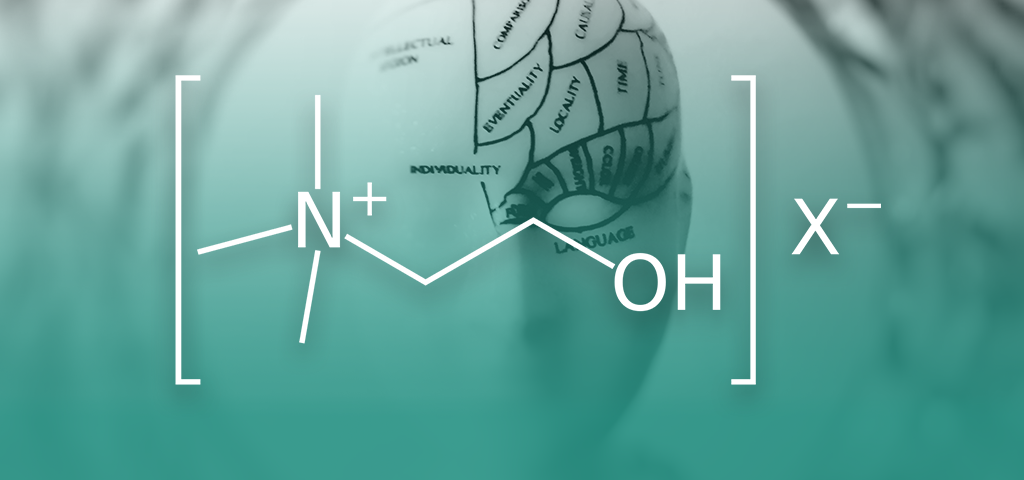
Choline is an essential nutrient that your body needs in order to function optimally. It has been linked to various health benefits, including protecting memory and loss of brain function, supporting the central nervous system, maintaining healthy liver function, and much more. Let’s learn about how much choline you need, where you can find it, and why it’s so important to maintain health.
What Is Choline?
Choline is an essential nutrient for humans and many other animals. It occurs as a cation that forms various salts. It is an organic, water-soluble compound that is neither a vitamin nor a mineral.
Although it can be made in small amounts by humans, it must be ingested in larger amounts through diet or supplementation. To maintain health, it must be obtained from the diet as choline or as choline phospholipids, like phosphatidylcholine.
Benefits of Choline
Although our bodies cannot make enough choline on their own, it is essential for many bodily functions. Choline is needed for:
- Protecting Memory and Loss of Brain Function: Choline helps the brain by activating the neurotransmitter Acetylcholine. Acetylcholine is the chief neurotransmitter of the parasympathetic nervous system (Calming System). It supports and regulates different types of memory, including working and long-term memory. Without these neurons, you can suffer from impaired cognitive function- including memory loss, Alzheimer disease, and brain atrophy. Adequate intake of choline helps slow or prevent this. One study, in particular, observed 1391 subjects over the course of 10 years, finding that those with higher choline intake had better verbal memory, visual memory, verbal learning, and executive function.
- Supporting the Central Nervous System: The central nervous system controls most functions of the body and mind. It consists of the brain and the spinal cord. Because choline acts as a precursor to many neurological factors, it also plays a key role in maintaining your central nervous system. As mentioned above, it aids in memory function, but also other essential bodily functions. For example, it has proven beneficial in helping patients with multiple sclerosis, a chronic inflammatory disease that can cause problems with vision, arm or leg movement, sensation or balance.
- Maintaining Healthy Liver Function: A diet low in choline develops fat in your liver and can lead to liver damage. Researchers studied rodents on a choline-methionine-deficient diet and found that they not only developed fatty liver, but also started to develop fibrosis and hepatocarcinoma, a type of liver cancer. The liver is the major organ in which methylation reactions occur. Many of the genes responsible for the development of fatty liver, hepatic fibrosis, and hepatocarcinoma are regulated in the liver. Choline is a methyl donor that directly influences this.
- Forming DNA and Cell Structures: Choline is necessary for all cells to function normally. It is a vital part of the cell membrane, playing a key role in its structural integrity and the cell’s ability to communicate. Another major role of choline is to begin the synthesis of membrane phospholipids, which provide barriers in cellular membranes to protect our cells. They are critical for maintaining cell structure and facilitating cell signaling and transport across the membrane.
- Muscle Recovery and Function: Choline helps move fats out of your liver and convert it to energy. Not only does it provide fuel, but it also helps other vitamins and nutrients, such as vitamin B and carnitine, work more efficiently. Choline plays a key role in synthesizing and optimizing nitric acid, which helps maximize oxygen and nutrients to your muscles. Homocysteine, an amino acid in our blood, diminishes nitric acid from your muscles. Choline helps eliminate homocysteine, thus helping nitric acid to last longer. Replenishing choline before and after workouts helps maintain your body’s nitric acid stores, which leads to better muscle recovery and function.
- Supporting a Healthy Pregnancy: Dietary choline intake is critical for pregnant women because it aids fetal brain development and prevents neural tube defects. It is critical for a lot of physiological processes during the prenatal period, including the development of membranes, tissues, neurotransmitters and gene expression. Studies in both animals and humans show that supplementing the maternal diet with additional choline helps improve pregnancy outcomes and protect against certain neural and metabolic disabilities. Pregnant women should consult with their doctor before taking any kind of choline supplement or medication during pregnancy.
Choline Deficiency
Considering its many diverse roles, being deficient in choline can cause muscle damage, liver damage, and nonalcoholic fatty liver disease. It can also lead to issues in your kidneys, pancreas, brain and nervous system. Some reported symptoms include being constantly tired or fatigued, reduced ability to think clearly, emotional swings, memory loss, impaired cognition, muscle aches and nerve tingling or pain. Those who have Crohn’s disease or severe gallbladder issues typically experience a choline deficiency as a result of malabsorption. If you suspect you have a choline deficiency, consult with your integrative medicine healthcare provider or request to become a patient.
Which foods are high in choline?
Choline is abundant in many foods, especially eggs, asparagus, beef, soybeans, spinach, broccoli and peanut butter. Other choline rich foods include cod, liver, cruciferous and green leafy vegetables. Chia seeds and flaxseeds are also great sources of choline, as well as several other B vitamins, including B12. If you eat a well-balanced diet with organic proteins, fruits and veggies, your body may still not get enough choline. The key is to eat a wide variety of whole foods.
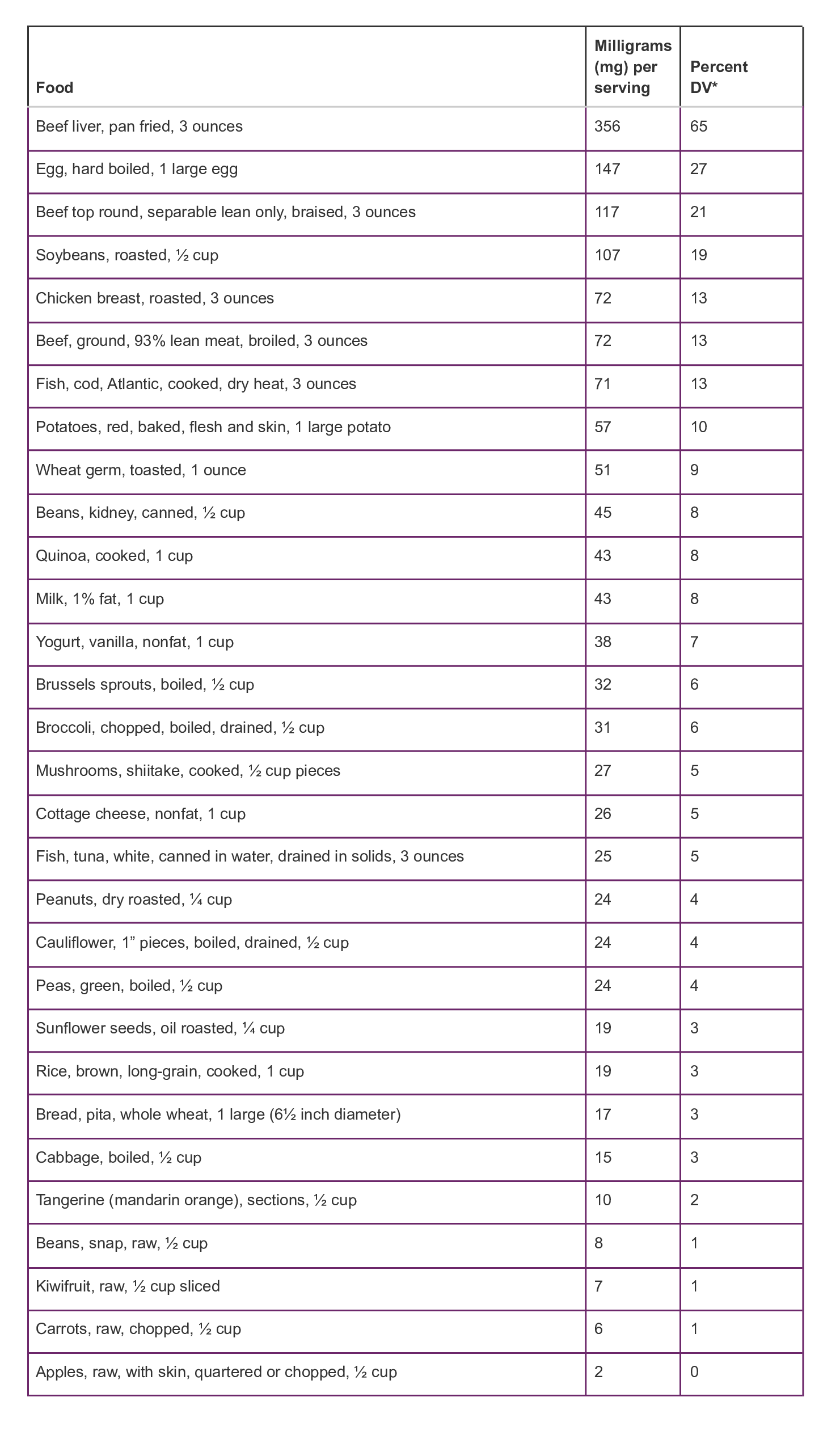
Can you take choline everyday?
Choline deficiency is not very common since it is found in many foods. The OPTIMAL recommended daily dose of choline for adults is 500 mg/day. As you can see from the chart above, many foods contain choline- making a proper, well balanced diet the best choline supplement. If you don’t get enough of it from food sources, taking a choline supplement could be beneficial.
Conclusion
Choline is an essential nutrient that plays a vital role in many processes in your body. If you suffer from a choline deficiency, there are easy steps you can take to correct it and begin reaping some of its other benefits, including improved liver function, healthier pregnancy outcomes and reduced memory loss as you age. Start with your diet—it’s not just what you eat, but the foods that contain it.
As always, we are here to help you obtain your optimal health. If you want to optimize your health, you can come on board as a patient and we can personalize a plan for you.
